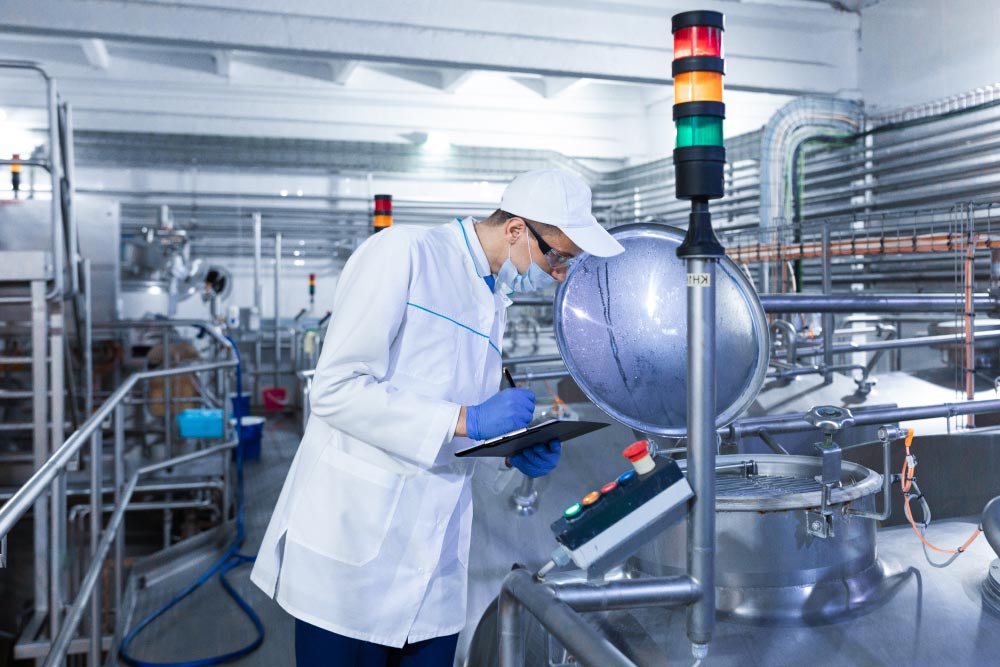The impact of the fine chemicals industry on our society is growing. Fine chemical products are essential to the regular running of many sub-industries. Moreover, logistics for these products are very specific and specialised. Their storage, distribution, and transportation, as well as their treatment throughout the logistics process, require special care to prevent any of the materials from deteriorating.
Throughout 2023, a number of trends will be established that will impact small- and large-scale fine chemical logistics. Here is a summary:
- Increased resources allocated to security by organisations. Due to their specific characteristics, fine chemical products and goods require customized treatment throughout the logistics chain. Freight forwarders are making major efforts in this area to reduce risks and be consistent in their supervision, and this will be reflected and strengthened over the coming months.
- Exhaustive checks on transport conditions. There will be increased controls on temperature and humidity in the storage, distribution, and transportation of products to meet customer demand fully. The industry is committed to improving innovation in control systems for these aspects.
- Demand for fine chemicals to enrich agricultural soils and protect crops from potential pests will increase. The primary sector, motivated by climate change, needs companies to supply the market with these kinds of products. This demand for suppliers will also be seen in other markets such as pharmaceuticals, agrochemicals, and phytosanitary products.
- Increase in the number of routes and destinations. The market for fine chemicals is global and freight forwarding operations have fewer and fewer borders. Road, rail, cargo aircraft and container shipping will expand their possibilities and transit routes this year, and for the next few years. This trend will be noted particularly in the Asia Pacific regions and countries.
- Greater investment in I+D for production processes, as well as quality, environment, and security. Organisations adapt to a market that demands higher quality.
- Trend in outsourcing of services. The high specialization of tasks and the need for expert professionals will result in companies turning to specialized firms to meet their strategic challenges at the logistics level.
- Reduction of carbon footprint. Both fine chemicals and logistics companies are aware of the importance of values such as sustainability and environmental protection. Actions in favour of the planet are already underway and this practice will be reinforced in 2023.

The fine chemicals industry needs the best logistics
Understanding and embracing all trends and developments in the fine chemicals sector requires the support of a reliable logistics operator. At Airpharm our team works every day with organisations that need a freight forwarder to handle their fine chemical goods and products.
We offer transparency with careful labelling of products for every shipment we handle. And we focus on optimum productivity so that our customers have full confidence in us. We implement constant audits and risk analyses so that fine chemical organisations know how their goods are handled.
If your fine chemicals company needs to carry out a logistics operation, contact Airpharm now and we will provide you with information and advice on how to carry out your imports and exports efficiently, quickly and safely, complying with regulations, presenting the required documents and crossing customs without delays.


